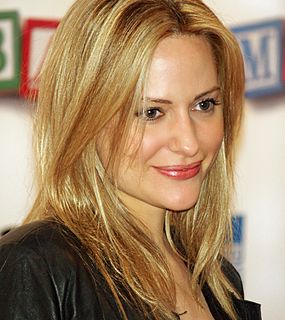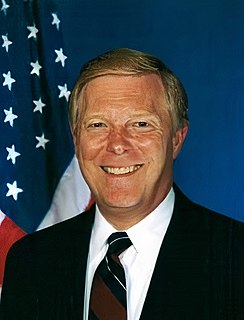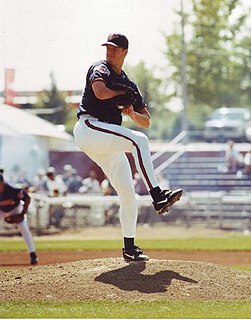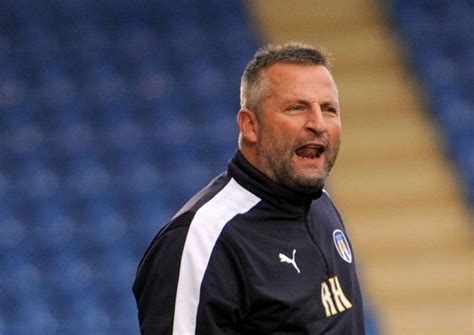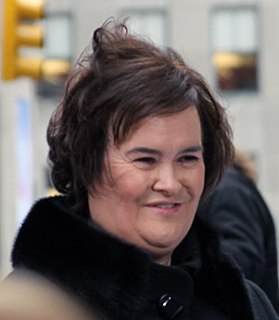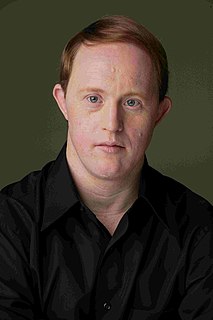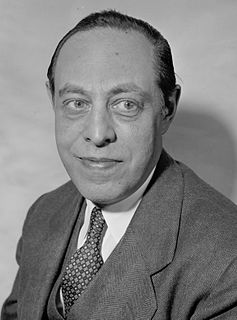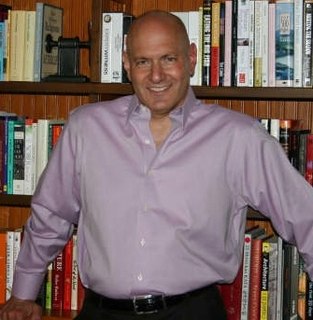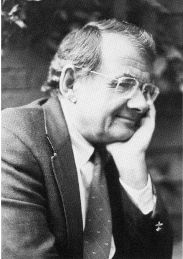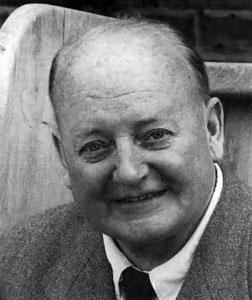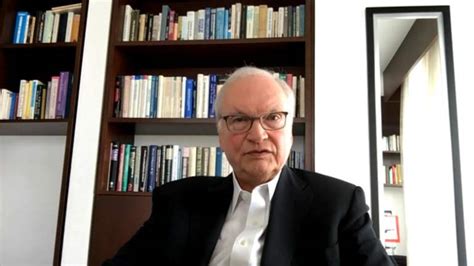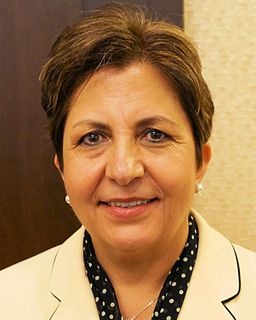A Quote by Darold Treffert
There are some cases that have come to my attention where there's been a head injury, or getting struck by lightning and surviving, with really no disability or residual. So there are cases that I'm aware of where there's been some incident which triggered the acquired savant ability, but is not associated with long term disability, so that can occur. But I think that's probably the exception rather than the rule in that I think many of the acquired savants do end up with some residual disability.
Related Quotes
A savant, by definition, is somebody who has a disability and, along with that disability, has some remarkable ability. Prodigies and geniuses have the remarkable abilities that the savant shows, but they do not have a disability. So, by definition, a savant includes someone with a disability, and a prodigy or genius are people who have these remarkable skills but they do not have a disability.
Savant syndrome is not a disorder in the same way as autism is a disorder or dementia is a disorder. Savant syndrome are some conditions that are superimposed and grafted on to some underlying disability. So savant syndrome is not a disease or disorder in and of itself. It is a collection of characteristics, or symptoms, or behaviors that have grafted on to the underlying disability.
There are people at the extremes who aren't able to do anything musically, and then others sort of fall in the middle. And the same thing with math, and the same thing with art. You'll find people who are geniuses, or prodigies at the far end of the bell shaped curve, and I think you will find some of the acquired savants in that category who happened to have been endowed with that kind of talent, which explains why not everyone becomes an acquired savant.
The term syndrome generally appears to be a constellation, or collection, of similar traits or behaviors within an individual. So, savants do have sort of a constellation of symptoms, which is characterized by some spectacular skill, or skills, coupled with this massive memory which is grafted on to some underlying disability. So those three conditions quantify, in my mind, the term syndrome.
I support the death penalty. I think that it has to be administered not only fairly, with attention to things like DNA evidence, which I think should be used in all capital cases, but also with very careful attention. If the wrong guy is put to death, then that's a double tragedy. Not only has an innocent person been executed but the real perpetrator of the crime has not been held accountable for it, and in some cases may be still at large. But I support the death penalty in the most heinous cases.
Autism reaches out in many different directions. It can be associated with language delays. It can be associated with epilepsy. It can be associated with some degree of intellectual disability, but the two core features of autism, I see, is impairments and social cognition, understanding and in restricted interests and repetitive behaviors.
There are millions of people out there ignoring disabilities and accomplishing incredible feats. I learned you can learn to do things differently, but do them just as well. I've learned that it's not the disability that defines you, it's how you deal with the challenges the disability presents you with. And I've learned that we have an obligation to the abilities we DO have, not the disability.
There are things that I really find important, and that we need to remind ourselves of. When you think about disability, do you really think about it? Someone who's a full-time trainer or a boxer, someone who's got a major disability, but who doesn't let that get in his way, that's a really good message for someone who is able-bodied. It can make them think, 'Wow, I suppose I could be doing better for myself.'
Among the hundreds of so-called "UFO reports" each year, a sizable fraction of those clearly observed by reputable witnesses remain unexplained-and difficult to explain in conventional terms. There is a modicum of physical evidence, radar cases, residual effects, and some films-and photographs in support of the unexplained cases. Collectively, these cases constitute a genuine scientific mystery, badly in need of well-supported, systematic investigation.
When I met my first savant in 1962, I was impressed by the abilities in these youngsters who had severe disabilities. They appeared to me to be islands of genius in the sea of disability. So I've maintained that word picture since that time, of these islands of genius that are so striking and so jarring when you see them, especially in people who have severe disability.

